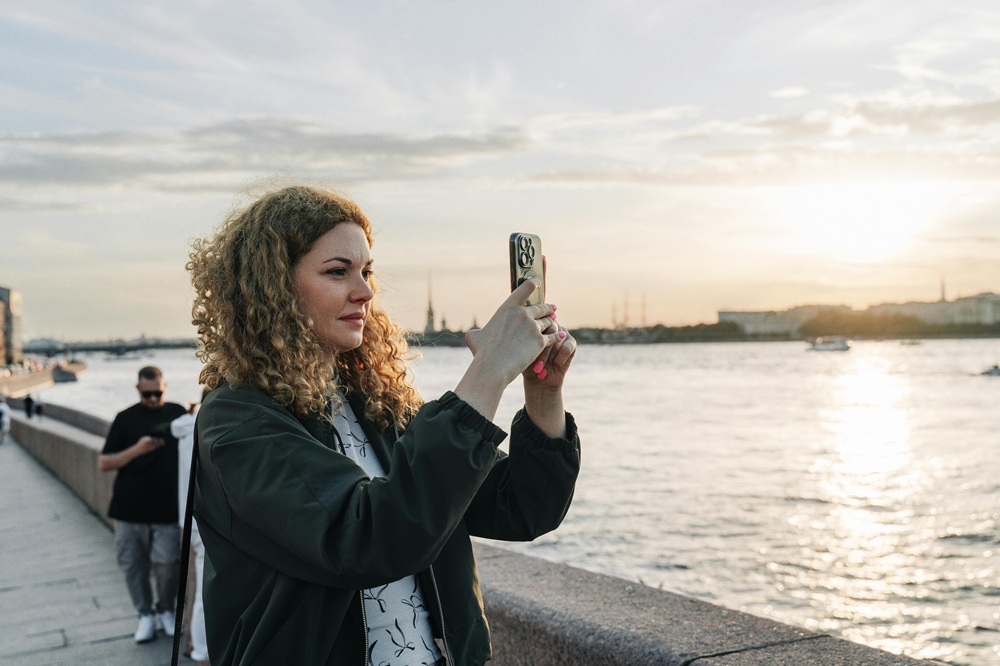Millions of Russians found themselves unable to make calls through WhatsApp and Telegram after sudden restrictions introduced in mid-August. Roskomnadzor, the state regulator, claims the measures are about security, but they arrive just as a new Kremlin-backed app, Max, is launched.
WhatsApp and Telegram are the country’s most widely used apps, with 97 million and 90 million monthly users respectively. From school groups to neighbourhood chats, they play a central role in everyday life, especially in regions where mobile internet is slow and unreliable.
Officials accuse the platforms of refusing to store Russian user data inside the country and of enabling scams. However, central bank figures show that most fraud still takes place on regular mobile networks. Analysts see the restrictions as part of a wider push to monitor citizens’ communications.
Max, created by VK, a company tied to Kremlin allies, has been pre-installed on all devices sold since 1 September. Promoted by celebrities and influencers, it is designed as a “super-app”, offering services from payments to government portals. Its privacy policy states data may be shared with state bodies, raising fears of surveillance.
Russia has spent more than a decade tightening internet control. Since the invasion of Ukraine, authorities have blocked Western social media, banned VPN advertising, and frequently switched off mobile internet during drone attacks.
Although many users want to keep WhatsApp and Telegram, pressure to adopt Max is growing — and resisting state-backed platforms is becoming ever harder.


